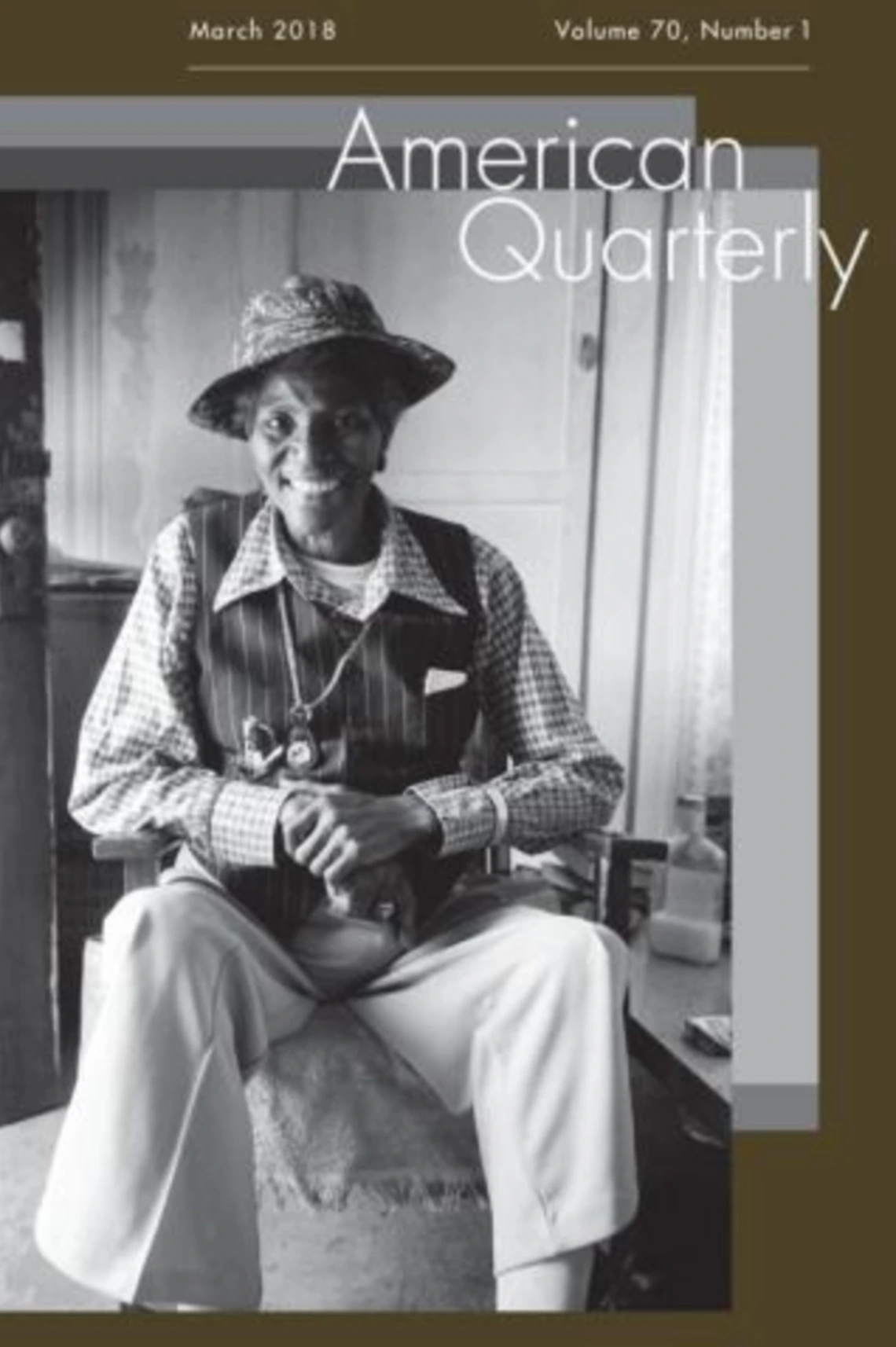
Publisher
American Quarterly
The article uses African American performers Willie Mae “Big Mama” Thornton and Richard “Little Richard” Penniman to explore the influence of queer performers on early rock ’n’ roll music. Both musicians became recording artists during a climate of anti-queer backlash in the 1950s. Yet Thornton and Penniman found ways to subvert normative ideas about gender. Their gender non-conformity helped establish the rebellious nature of rock ’n’ roll, which shows how black queer performance influenced the genre’s development and popularity in the 1950s and beyond.
As rock ’n’ roll music soared in popularity, Hollywood capitalized on the new sound with films designed to appeal to teenage fans. One of those films, Don't Knock The Rock (1956), features a dynamic performance of the hit songs “Long Tall Sally” and “Tutti Frutti” by Little Richard and his band. Little Richard briefly retired from popular music in 1957 and turned to religion before making a triumphant return in the early sixties. In a 2017 interview, Little Richard (who had not given an interview in decades) discusses why he traded rock 'n' roll for religion.
Big Mama Thornton experienced a career revival in the mid 1960s. She especially gained a following on college campuses, where she largely played to white audiences. A video of a performance from the early 1970s shows her performing for an enthusiastic crowd in Eugene, Oregon. Thornton also toured Europe as part of the American Folk Blues Festival revue, which included Buddy Guy and Mississippi Fred McDowell. In 1970 she performed the song “Ball and Chain” during a television appearance with the Buddy Guy Blues Band.

